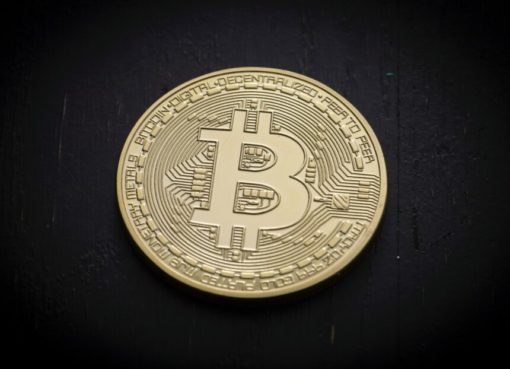Iceland Prime Minister Katrín Jakobsdóttir unveiled plans to pivot the country’s renewable energy efforts from crypto mining to agricultural development.
In an interview with the Financial Times, Prime Minister Jakobsdóttir outlined her vision, emphasizing the importance of enhancing food independence and establishing a broader grid for renewable energy distribution across households and industries.
The country is known for producing copious amounts of energy from its network of hydroelectric and geothermal plants and stands as the world’s largest energy producer per capita. This has propelled it into a leading position in Bitcoin (BTC) hash rate production.
Iceland shift
Estimates from Bitcoin mining services provider Luxor indicate that the Icelandic Bitcoin mining industry devours approximately 120 megawatts (MW) of electricity.
With a population of just 370,000, the volcanic island stands out as the most Bitcoin-mining-dense country worldwide, attracting miners seeking optimal conditions for their operations.
However, despite this accolade, Jakobsdóttir’s strategic shift, aimed at bolstering food production and enhancing energy sustainability, signals a departure from Iceland’s crypto-centric energy focus towards a more diversified and sustainable approach, where fields of corn take precedence over the hum of crypto mining rigs.
The Prime Minister’s decision is not only driven by concerns over energy sustainability but also by practical considerations. Iceland’s reliance on imported corn has been highlighted as a vulnerability, particularly during power shortages in winter, forcing some industries to resort to non-renewable energy sources.
Jakobsdóttir deems this reliance on imports unacceptable and aims to rectify it by fostering domestic corn cultivation through a proposed farm funding system.
Currently, Iceland produces a mere 1% of its grain and 43% of its vegetables domestically, underscoring the need for agricultural development to enhance food security and reduce dependency on imports.
Iceland’s rethink of its crypto mining space comes amidst reports that Bitcoin miners are ramping up their investments in equipment and consuming record-breaking amounts of energy in readiness for the upcoming Bitcoin halving slated for sometime in April.
At the same time, the Canadian province of British Columbia is reinforcing a 2022 moratorium to manage its electricity supply in the face of growing demands from Bitcoin miners.
Thanks to a British Columbia Supreme Court judge, the province will continue to ban any new crypto mining concern, based on the potentially significant impact such operations may have on its energy resources.




